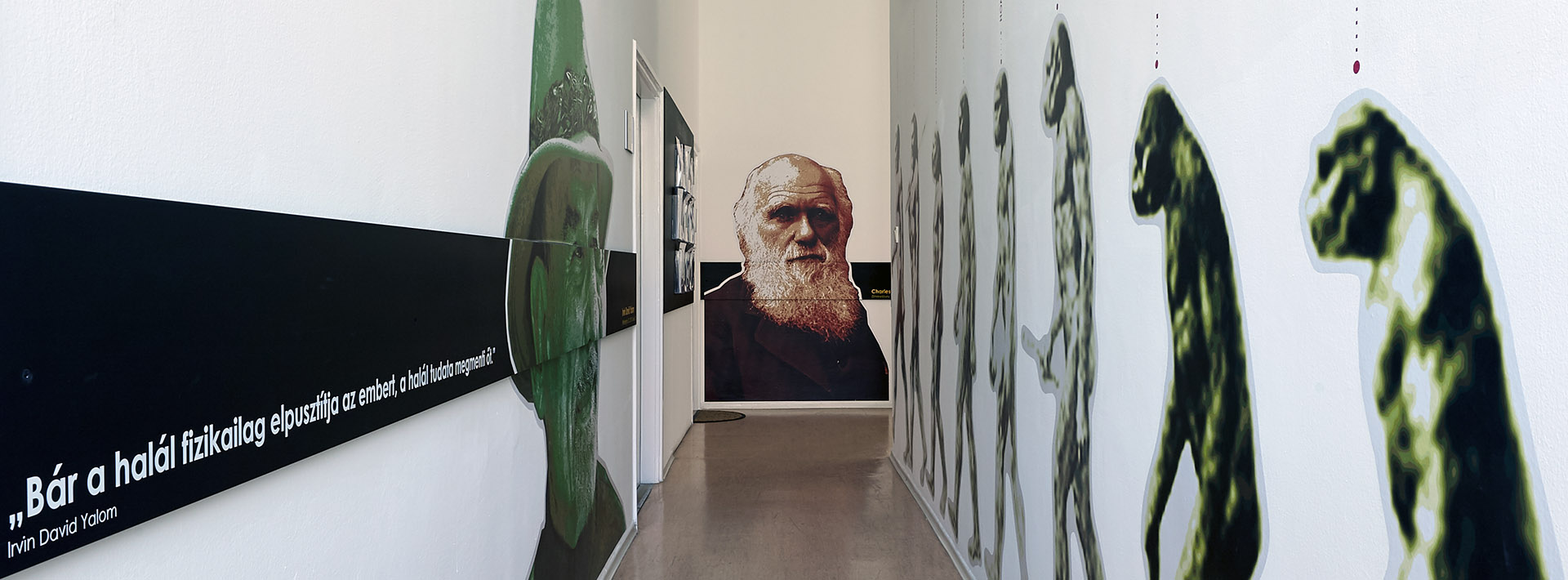Data
Official data in SubjectManager for the following academic year: 2024-2025
Course director
-
Gács Boróka
research associate professor,
-
Number of hours/semester
lectures: 0 hours
practices: 0 hours
seminars: 12 hours
total of: 12 hours
Subject data
- Code of subject: OXF-PSE-h-T
- 1 kredit
- General Medicine
- Optional modul
- both
ODA-OKG-T finished
Exam course:Course headcount limitations
min. 5 – max. 20
Available as Campus course for . Campus-karok: ETK GYTK
Topic
Nowadays, it is becoming increasingly clear that patients require not only physical (medical) care but also psychological support: hence, empathy is perhaps the most important area of realization and application in healing activities. Verbal suggestions can also modify behavior, reduce anxiety, and strengthen cooperation with therapeutic efforts. The course aims to provide guidance for future doctors to operate more effectively when communicating with their patients, their families, or even their colleagues. A doctor who listens empathetically can more subtly perceive changes in a patient's condition, thereby assisting in the control of therapeutic effects. Furthermore, by deepening the understanding of empathy and appropriate communication, the majority of conflicts arising in healthcare can be prevented. The course's goal is to develop skills through independent and experiential work, enabling the finding of appropriate communication methods and techniques even in acute situations.
Lectures
Practices
Seminars
- 1.
Theoretical Module: A foundational course containing theoretical and training elements
- Gács Boróka - 2. The phenomenon of empathy, its concept, levels, and interpretation difficulties. - Gács Boróka
- 3. Research supporting the role of empathy in medical practice. - Gács Boróka
- 4. Empathetic communication and conflict management. - Gács Boróka
- 5. The relationship between emotion regulation and empathy. Empathic distress and empathic care. - Gács Boróka
- 6. Verbal tools of empathic communication. - Gács Boróka
- 7. Non-verbal tools of empathic communication. - Gács Boróka
- 8. The definition and mechanism of action of positive suggestions. - Gács Boróka
- 9. Applications of suggestions in medicine (for painful medical procedures, in crisis situations, emergency care, intensive care units, pediatrics, dental practice, obstetrics-gynecology, under anesthesia). - Gács Boróka
- 10.
Module 1: Sensitization through the use of films dealing with medical, psychological, and ethical dilemmas. Joint analysis of the films can help students understand people's feelings and the challenges faced by patients and their families.
- Laki Beáta - 11.
Module 2: Interviews with parents and relatives of patients affected by chronic or acute illnesses, regarding what it's like to live with a specific illness and the patient. This allows students to gain a deeper understanding of the illness from another perspective and the everyday challenges that relatives experience following the therapies prescribed by doctors.
- Varga Zsuzsanna (Dékáni / Magtud) - 12. Communication Competition: As a form of assessment for the course, students can test and practice their acquired knowledge in a competition that provides a psychologically safe space but professionally appropriate feedback. - Gács Boróka
Reading material
Obligatory literature
.
Literature developed by the Department
-
Notes
-
Recommended literature
Varga, K. (2005). Szuggesztív kommunikáció a szomatikus orvoslásban. Országos Addiktológiai Intézet, Budapest.
Dr. Youngson, Robin (2017) Együttérző gyógyítás - Szemléletváltás az orvoslásban. HVG Könyvek.
Buda, B. (1985). Az empátia - a beleélés lélektana. Gondolat
Youngson, R. A. (2012). Time to care: How to love your patients and your job. (No Title).
Conditions for acceptance of the semester
.
Mid-term exams
.
Making up for missed classes
Hiányzás esetén
Exam topics/questions
-
Examiners
Instructor / tutor of practices and seminars
- Gács Boróka
- Laki Beáta
- Varga Zsuzsanna (Dékáni / Magtud)
